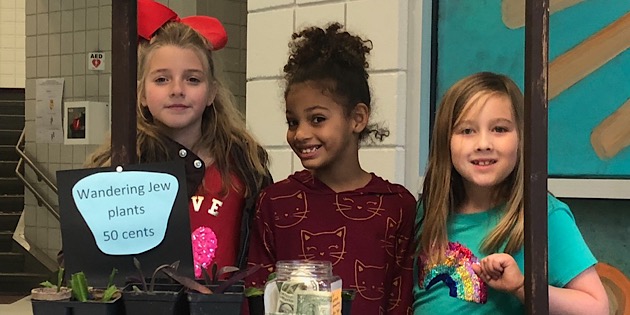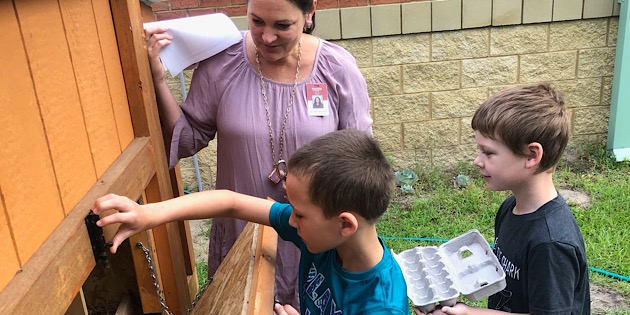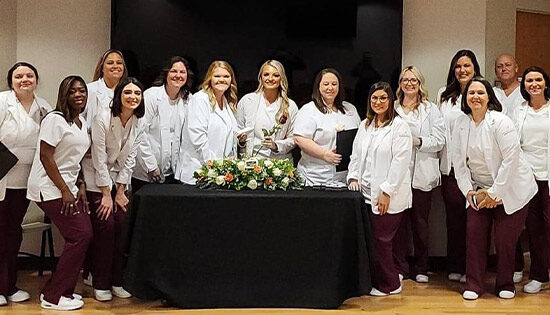By Lauren Burgess
VALDOSTA – Starting this upcoming school year, Westside Elementary will participate in a pilot program for elementary level agricultural education courses.

Stephanie Peterson, a second-grade teacher and Lowndes County’s 2018-2019 Teacher of the Year, will be the program instructor. After hearing about the pilot program from a friend, Peterson wrote to the committee about the activities students at Westside were already doing–taking care of chicken coops, running a farmer’s market, and maintaining several gardens– and why Westside should be included in the program.

Westside was one of twenty schools selected from all across Georgia to participate. After three years, the success of the program will be evaluated, before implementing it across the state.
“The new standards are a direct result of Senate Bill 330, legislation passed in 2018 which provides for a pilot program to develop and implement agricultural education in elementary schools. The courses will be offered in 20 elementary schools across the state that were selected for the pilot program last fall,” according to a press release from the Georgia Department of Education.
Senator John Wilkinson, chairman of the Senate Agriculture and Consumer Affairs committee sponsored the bill. As a former agricultural education teacher and Future Farmers of America program manager, Wilkinson he saw the need to educate students in the agricultural sciences.
“Food doesn’t come from the grocery store,” said Wilkinson. “Four or five generations removed from the farm makes it hard for students to understand where their food really comes from. This new program will help kids understand the powerful impact of agriculture on the prosperity of our state.”
State School Superintendent Richard Woods was also excited about the introduction of the new standards. “I’m thrilled about this work and the opportunity to add agricultural education at the elementary level,” said Woods. “At the upper levels, our kids have a chance to learn the business and practice of agriculture, but now we can begin to build that understanding for our younger students in an age-appropriate way.”











